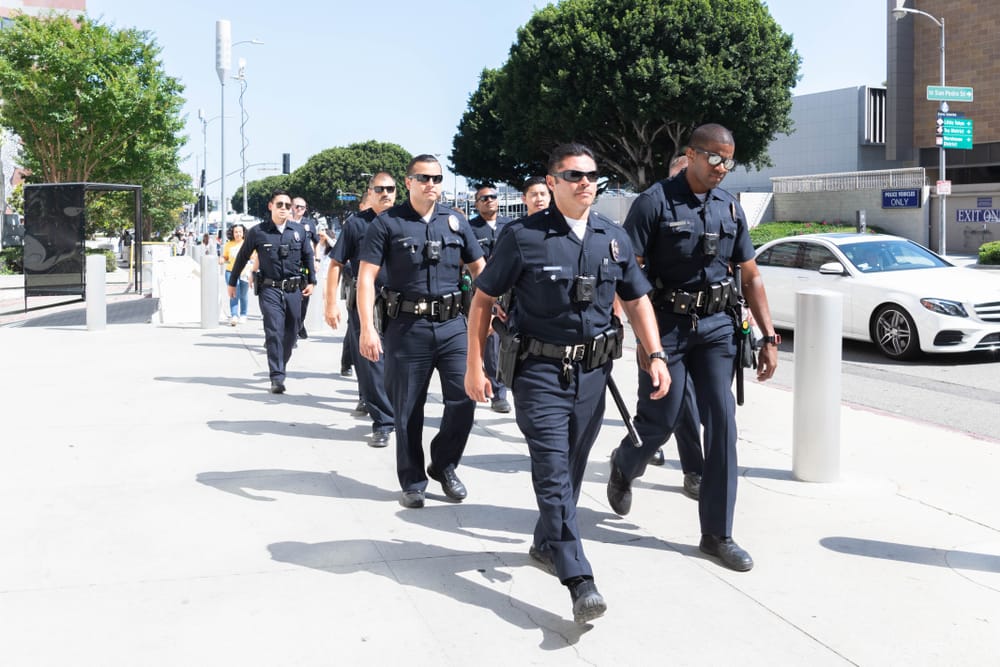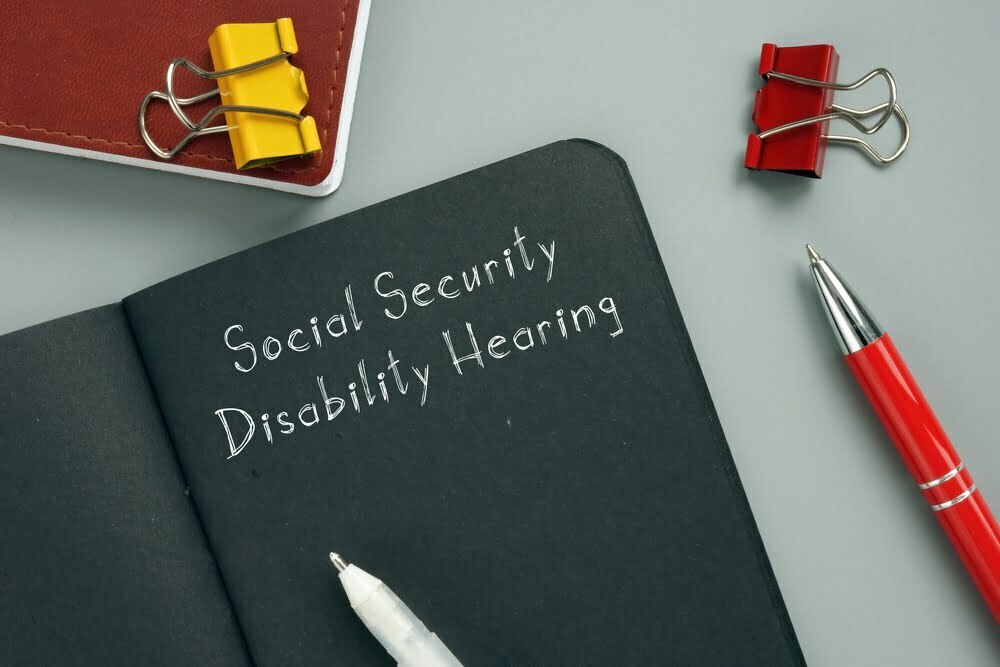I am proud to present an article by a guest blogger, Dr. Robert Kirkland. Dr. Robert Kirkland is a retired career army officer who is a security expert in the Americas. He provides expert witness testimony in cases where Mexican and Central American nationals in the United States facing deportation are requesting either asylum or withholding of removal under the Convention Against Torture.
The purpose of this post is to look at the Honduran Witness Protection program and evaluate who it serves and how effectively it safeguards those who turn evidence against gangs or other criminal elements in Honduras. In immigration hearings, Hondurans facing removal and who fear retribution from criminals they turned evidence against often need to justify the inadequacy of police or other legal protections in order to qualify for cancellation of removal under the Convention Against Torture. Based on the current status of the Witness Protection Program in Honduras, one cannot help but conclude that it is inadequate and fails the majority of its citizens.
The Program for the Protection of Witnesses in the Criminal Process is the program in charge of regulating the care, protection, and assistance to witnesses in the criminal process, as well as organizing, structuring, and regulating the operating and legal regime that adjusts to it [1].
The Law for the Protection of Witnesses in Criminal Process was approved by the National Congress of Honduras in May 2007. Enforcement of the law is under the direction and coordination of the Public Ministry of Honduras, which aims to provide protection to witnesses in the criminal process. The protection of the program can be extended to the spouse, domestic partner, family members, or other people related to the witness, who, by virtue of their testimony, are at risk [2]. As of mid-decade, between 200-300 people were in the program. However, most of these people in the program testified against high profile criminals and were not involved with lower-level crimes [3].
The former director of this enforcement unit, German Enamorado, stated to the Honduran newspaper El Heraldo in August 2014 that there was a crisis in the witness protection program. He cited lack of financial resources in particular, stating that he had a budget of only $6000 every 40 days to completely protect all witnesses and only had a staff of 10 employees to carry out this work [4].
Even for those in the program, the protection they are given is questionable. According to Vila Morales, who is the former president of the Honduran Supreme Court of Justice, there have been a number of cases of witnesses killed due to lack of protection. This issue has called into question the utility of the program for the 200-300 high profile informants that actually fall under this system [5].
Conclusion
Based on the evidence, the majority of Hondurans who report low level gang or other crimes in Honduras do not even fall under the Witness Protection Program—which is most often reserved for higher level criminals. Even for those Honduras “lucky” enough to fall under the program, the government has failed to adequately fund and staff it, resulting in witnesses being harmed by the same criminals they are supposed to be protected from. Overall, there is much work to be done by Honduras to improve their protection of witness but at this point it fails their citizens.
Notes:
[1] La Gaceta, the official news of the Republic of Honduras, September 30, 2017, accessed at: https://tzibalnaah.unah.edu.hn/bitstream/handle/123456789/7023/20170930.pdf?sequence=2&isAllowed=y
[2] Government of Honduras, Decree 63-2007, June 21, 2007, accessed at: https://www.tsc.gob.hn/web/leyes/Ley%20de%20Protección%20a%20Testigos%20en%20e%20l%20Proceso%20Penal%20(09).pdf
[3] “Al menos 200 hondurenos son testigos protegidos,” El Heraldo, July 4, 2014, accessed at: https://www.elheraldo.hn/sucesos/624024-219/al-menos-200-hondurenos-son-testigos-protegidos
[4] “Crisis en Programa de Proteccion a Testigos en Honduras,” El Heraldo, August 10, 2014, accessed at: https://www.elheraldo.hn/pais/737103-214/crisis-en-programa-de-protección-a-testigos-en-honduras
[5] “Testigo protegido,” La Prensa, June 5, 2007, accessed at https://www.laprensa.hn/honduras/658407-97/testigo-protegido-un-sueño
Robert Kirkland is a retired U.S. Army lieutenant colonel and operational Latin American Foreign Area Officer. He has a B.S. from the United States Military Academy, West Point and a M.A. and Ph.D. in Latin American history from the University of Pittsburgh. He also has a graduate certificate in Latin American Studies from the Center for Latin American Studies at the University of Pittsburgh. He also helps guide students in Service Academy admissions as well as ROTC scholarships. He has provided expert testimony on drug cartel and gang violence in Mexico and Central America since his retirement from the Army in 2014. He can be reached at info@robertkirklandconsulting.com or at his website.





